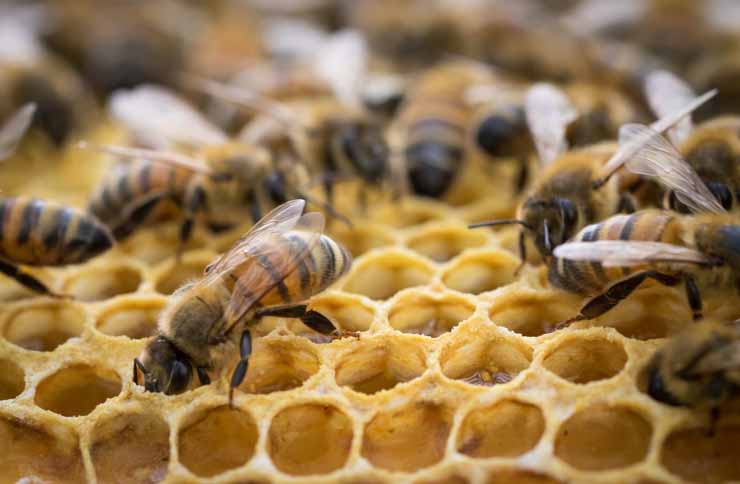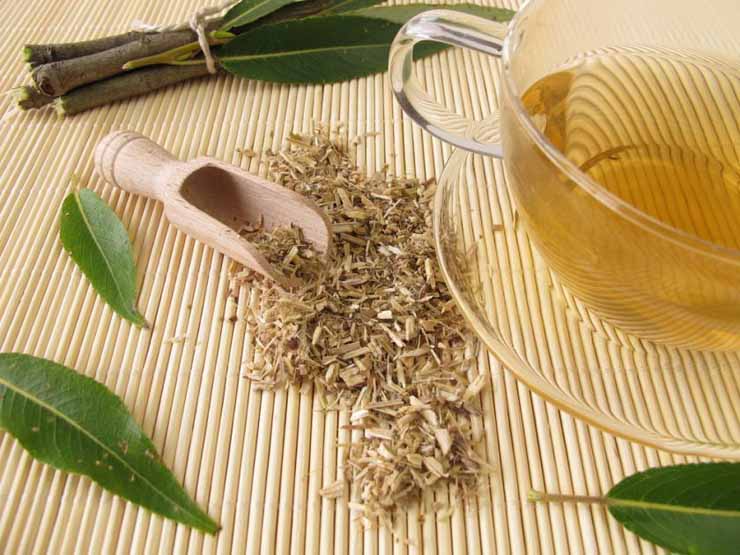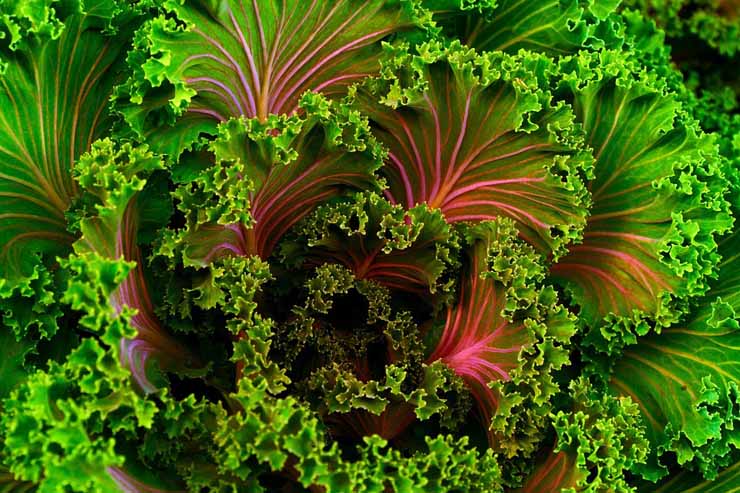
publicdomainpictures.net
Honey is a wondrous thing. It is made when bees collect nectar from flowers and bring it back to the hive to be stored in honeycombs. The colour and flavour of the honey varies depending on the type of flower nectar in the bee’s environment. This makes honey a very unique and valuable food item to use by people. Luckily bees naturally make too much honey for their own use, so there is a lot left over for people to use. And the uses for honey are endless! But here are ten of them; some your doctor won’t want you to know!
10. Skin Care

Honey can be used on the face as a moisturizing facial mask, that will help get rid of acne, after your regular washing routine. Apply a small amount in the palm of your hand and rub it into your skin. Leave it on for 10 minutes and rinse off, no need to moisturize after. It can also be used to exfoliate rough skin on your heels. Just mix it with a bit of baking soda and scrub on any spots that need softening. Honey is antifungal too, so it will help clear any fungus that might be on your feet.
9. Immune Support

Honey contains information from the environment where the bees collected the nectar from. Some people report improvements in their ability to get over a cold or flu faster when they take honey internally. Honey can also reduce the inflammation associated with a cold or the flu.
8. Intestinal Health

We need good bacteria in our intestines in order to have a healthy digestive system. Honey contains natural pre-biotics, which are beneficial to our intestines since they feed the good bacteria in our guts. Honey can also help to counteract indigestion as an alternative to other over the counter medications. Many pregnant women swear by using a little honey and ginger in their water to ease the symptoms of nausea while pregnant. Acacia honey is especially beneficial for the intestines since it helps cleanse the digestive tract.
7. Wound Healing

Honey is a wonderful natural wound healer. It is naturally antibacterial, antifungal, antiseptic and antibiotic. This makes it a powerhouse for quick wound healing. There are some alternative companies who have made healing dressings for wounds using a type of honey called Manuka honey. These have been used to treat things like MRSA skin lesions, which have previously not responded to other conventional treatments. You can make an at home version of these dressings by cutting a square of sterile gauze and putting a dab of honey on the gauze, then place the gauze over the affected area and secure with waterproof surgical tape. Change the dressing daily to clean the wound and reapply another dressing with honey.
6. Improve Allergies

Since honey contains information from the environment where the nectar was collected from, it will contain the natural allergens in the area that people with environmental allergies are commonly allergic to. But these minute amounts of allergens that the honey contains can actually be beneficial to people with allergies. Exposure to a small amount of an allergen, like the amount in honey, can help their body adapt and become tolerant of the allergens they were previously allergic to. The key is to get honey that was made by local bees.
5. Sore Throat Relief

Honey is an excellent thing to use to help relieve a sore throat! Since it is naturally antibacterial it will combat those bad guys in your throat right at the source. And it will help reduce inflammation in the area making it easier to breath. It also coats the throat and provides relief from a dry cough as well. Try mixing a tablespoon of honey with a little lemon juice in some herbal tea for extra relief. Drink as many cups as you need.
4. Healthy Hair

Raw honey can be used to make a moisturizing and nourishing hair mask that will add shine to your locks. After you’ve done your regular shampoo routine, skip the conditioner and mix 1 tbsp of honey with 4 cups of warm water, then apply it to your hair. Let it sit for a few minutes and then rinse it out. No need for conditioner afterwards, then dry and style as usual. And since honey is naturally antibacterial and antifungal, it will help with scalp issues like psoriasis.
3. Improve Sleep Quality

Sleep is a very essential thing humans need for survival, and honey is a powerhouse in the sleep department! We just won’t survive without quality sleep. Taking a spoonful of raw honey before going to sleep provides your liver with the necessary things it needs to be able to properly detoxify your blood and lymph, aid in proper circulation, and hormone regulation during rest. Melatonin is a hormone which is released during sleep; honey can help to stimulate the body to produce this sleep hormone, which will ensure a restful night’s sleep. Try mixing a spoonful of honey into a glass of warm milk of your choice, to boost its melatonin producing effects, and enjoy a restorative night’s sleep!
2. Weight Management

Honey is very sweet! It can be used to replace many other sweeteners in drinks, baked goods and other foods, and is lower it is calories. Once you make the switch to honey you’ll never go back! Honey is a delicious primary choice to sweeten your foods. With all of the other benefits it seems like a no brainer to make the switch.
1. Treat Skin Irritation

Honey can be very soothing for different kinds of irritations of the skin. Applied topically, honey can help to improve skin conditions like eczema, psoriasis and burns. It does this by helping to reduce the inflammation in the area, which makes it easier for the body to send in its healers to heal the area. Manuka honey is an especially powerful healer of the skin, and antibacterial qualities. The honey will also form a protective layer that will keep germs and other things away from the area. Simply dab a little bit of honey on the affected area a couple of times a day.
Regularly consuming and using honey is a smart choice for achieving and maintaining excellent health. Go out and explore the types of raw honey that are available to you and add them into your routine!
Sources:
Encyclopedia of Natural Medicine by Michael Murray ND, and Joseph Pizzorno ND
The Encyclopedia of Healing Foods by Michael Murray ND
Rosemary Gladstar’s Herbal Recipes for Vibrant Health by Rosemary Gladstar
Eat by Choice, Not by Habit by Sylvia E. Haskvitz MA RD




Leave a Reply